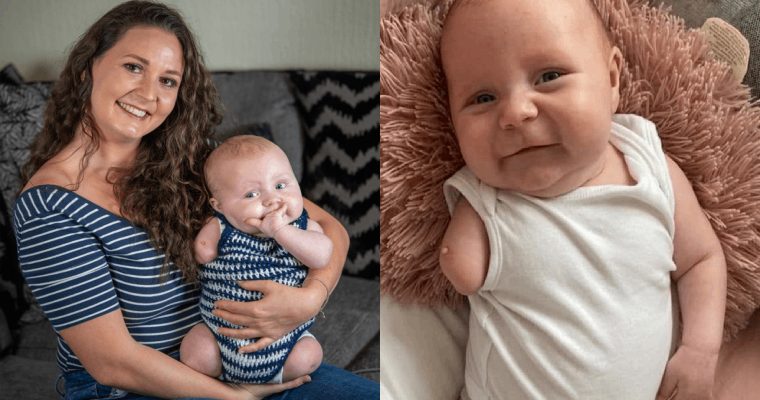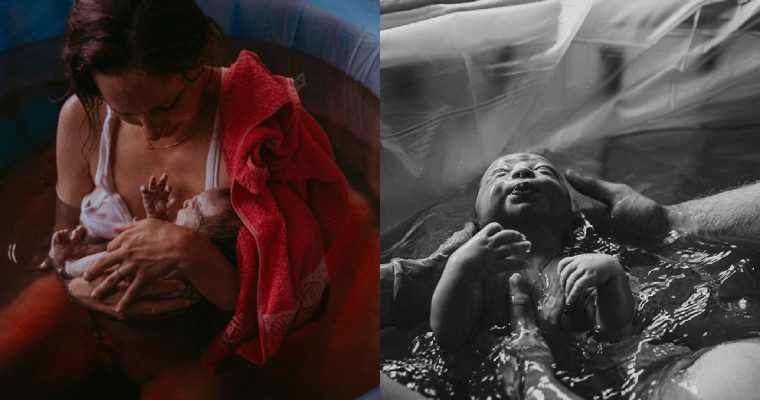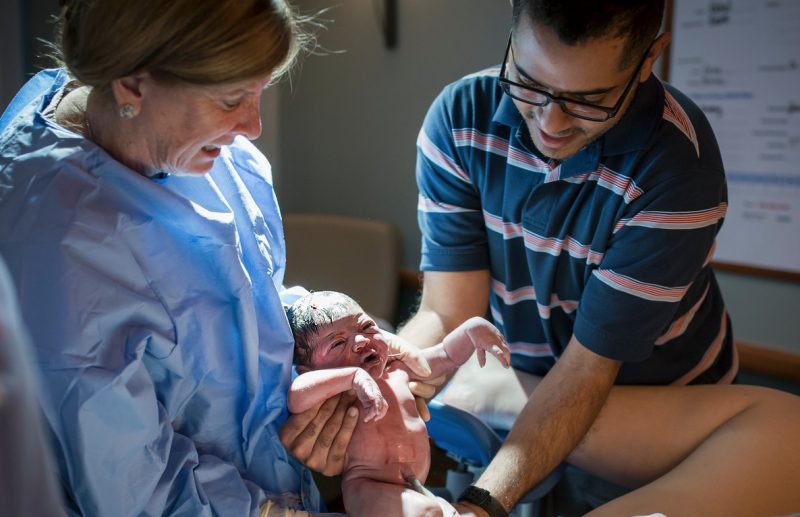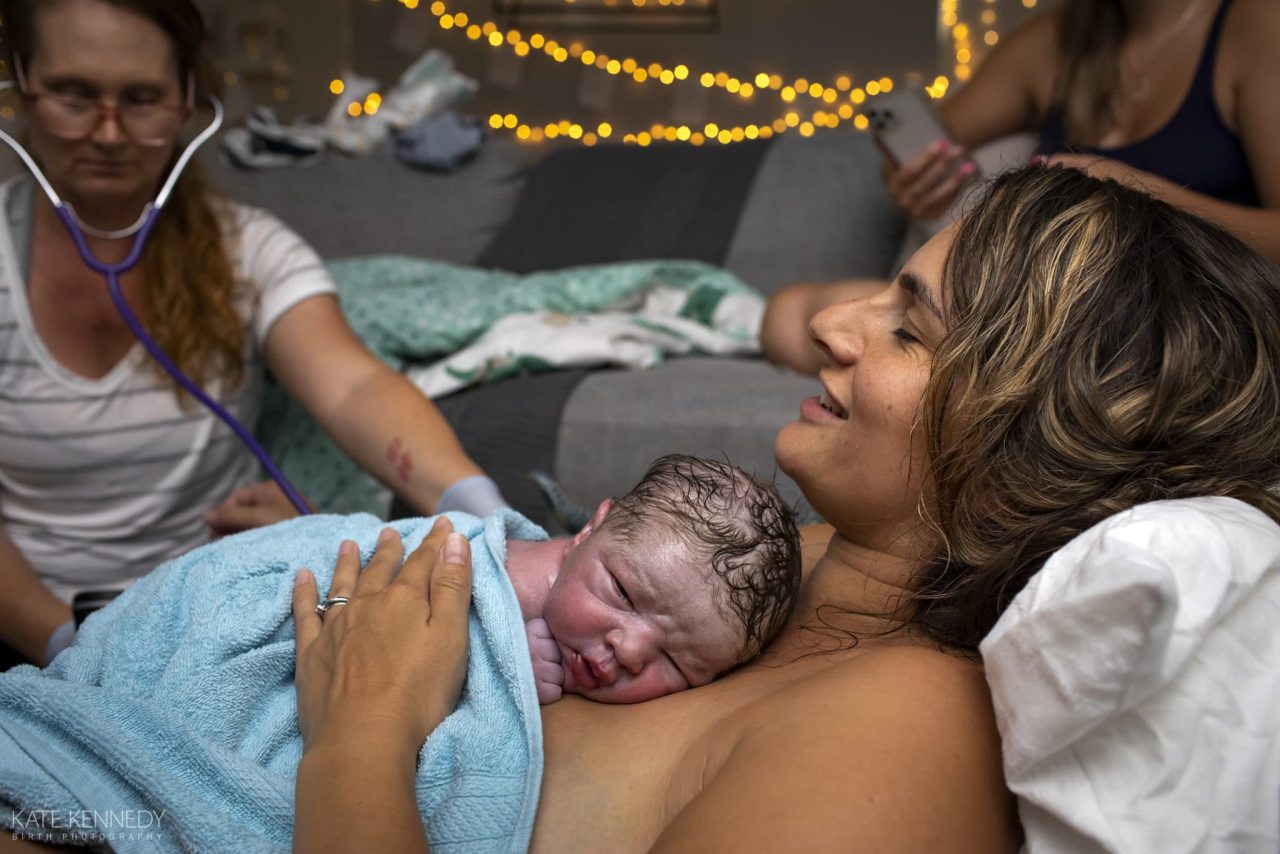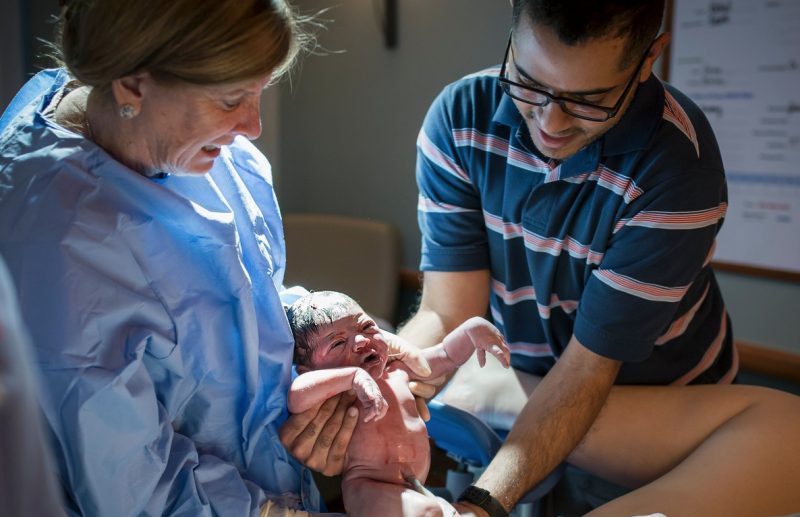Think you’re funny? Newborns don’t — at least, probably not until they reach about the one-month mark.

There’s perhaps nothing more joyful in this life than the laughter of children — which makes the new study published in the journal Behavior Research Methods all the more pertinent to the majority of us who can’t help but coo and chuckle along with bemused babies.
Psychology researchers hope their study could be used to inform diagnostic tools to detect developmental differences between kids.
The international Early Humor Survey, conducted by researchers at the University of Bristol in the UK, included 671 children aged 0 to 47 months in an effort to determine how humor develops as youngsters age.
Their work identified 21 different types of humor through the ages, with 1 month being the earliest age of children observed to appreciate humor. About 50% reached this point at about 2 months. Conversely, about 50% of kids began making their own jokes by 11 months old — and often, at least about every three hours or so while engaged with others.
Babies less than 12 months old responded most to physical, visual and auditory humor through play, such as the game of peekaboo, tickling, making funny faces, putting on silly voices or misusing common objects, like placing a cup on one’s head.
At about 1 year old, kids began to appreciate more participatory japes, including teasing, taboo topics (i.e. “toilet humor” and nudity) and attempts to startle others, as well as play-acting in bizarre forms, such as making animals sounds.
Jokes evolve as babies become toddlers. For example, 2-year-old participants enjoyed what researchers referred to as “nonsense humor” — which may come in the form of absurd statements such as “dogs say ‘moo.’ ” They also showed the onset of their capacity for malice, finding funny the insults and injuries in others.
Three-year-olds demonstrated a comprehension for more complex gags in the form of puns, hand tricks and use of no-no words.
Socialization is vital to the development of an appropriate sense of humor, researchers said, which may also encourage their imagination and other cognitive skills.
Study author and associate professor in Bristol’s school of education Dr. Elena Hoicka said, “Our results highlight that humor is a complex, developing process in the first four years of life.”
“Given its universality . . . it is important that we develop tools to determine how humor first develops so that we can further understand not only the emergence of humor itself, but how humor may help young children function cognitively, socially, and in terms of mental health.”
Source: nypost.com



